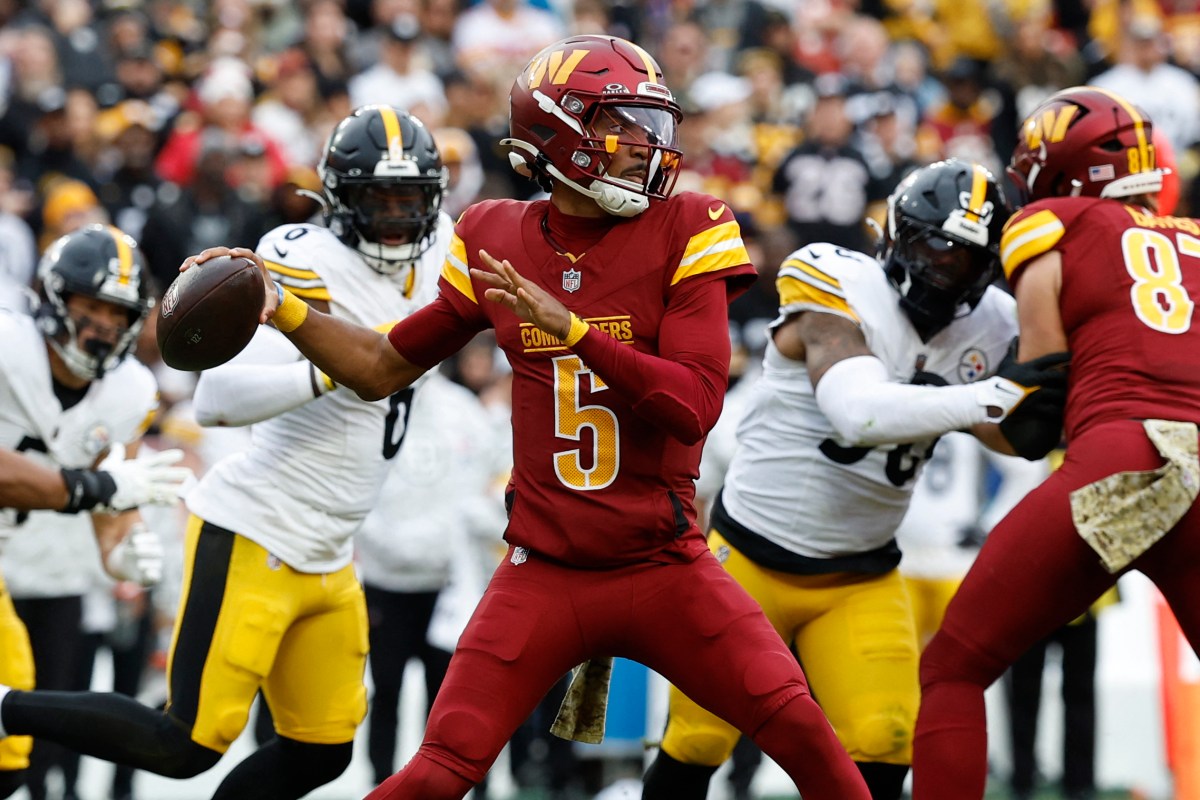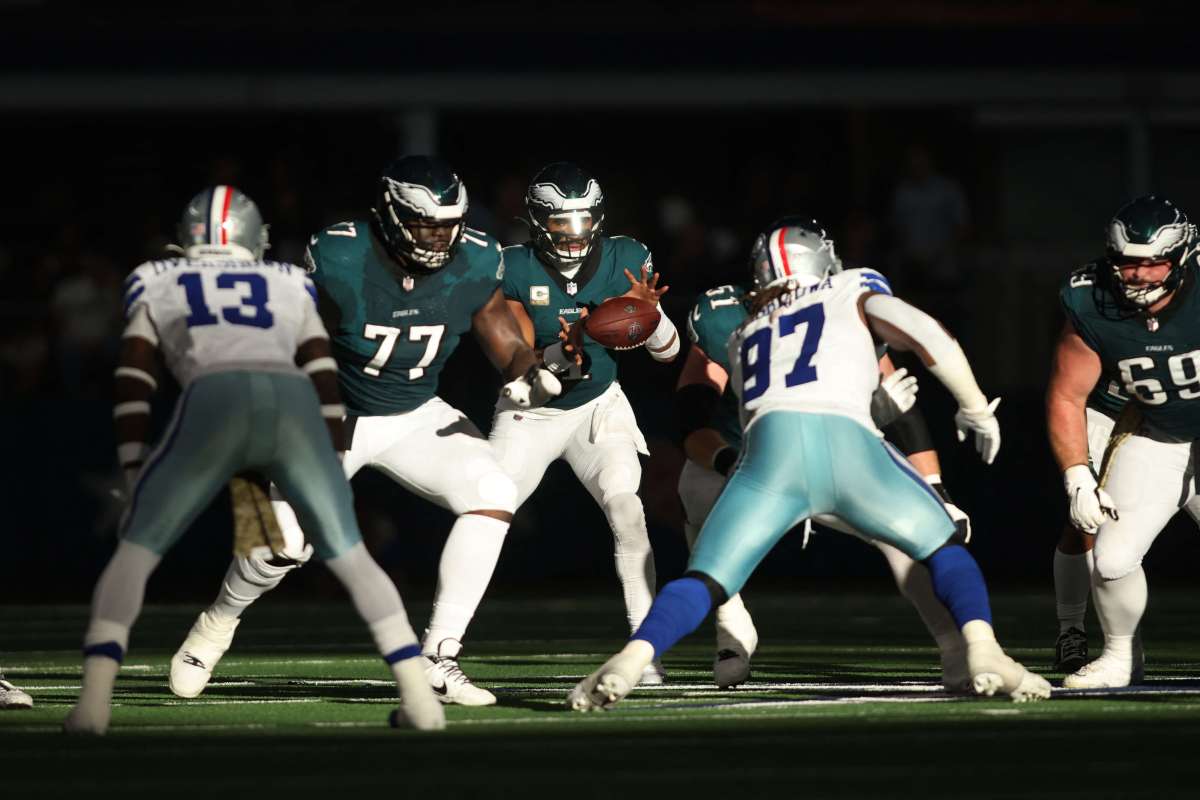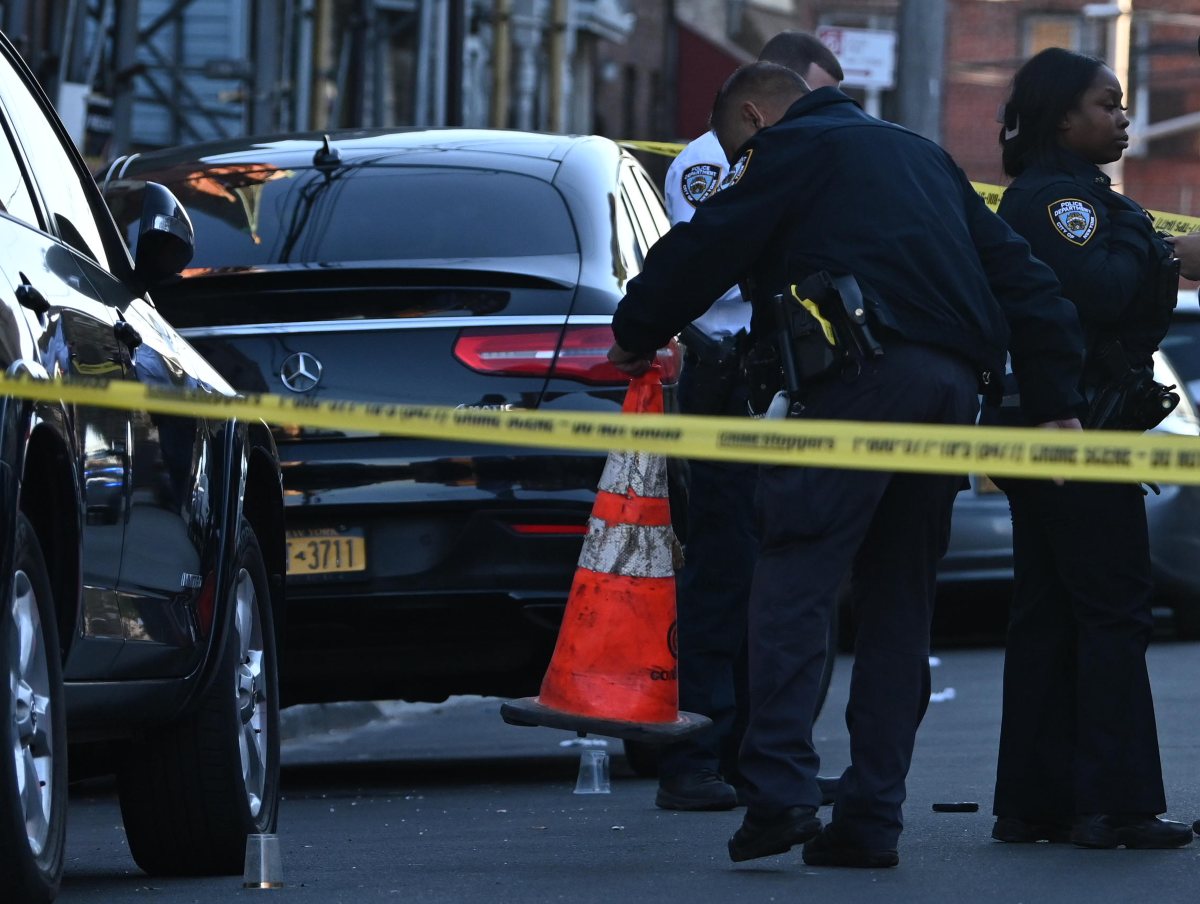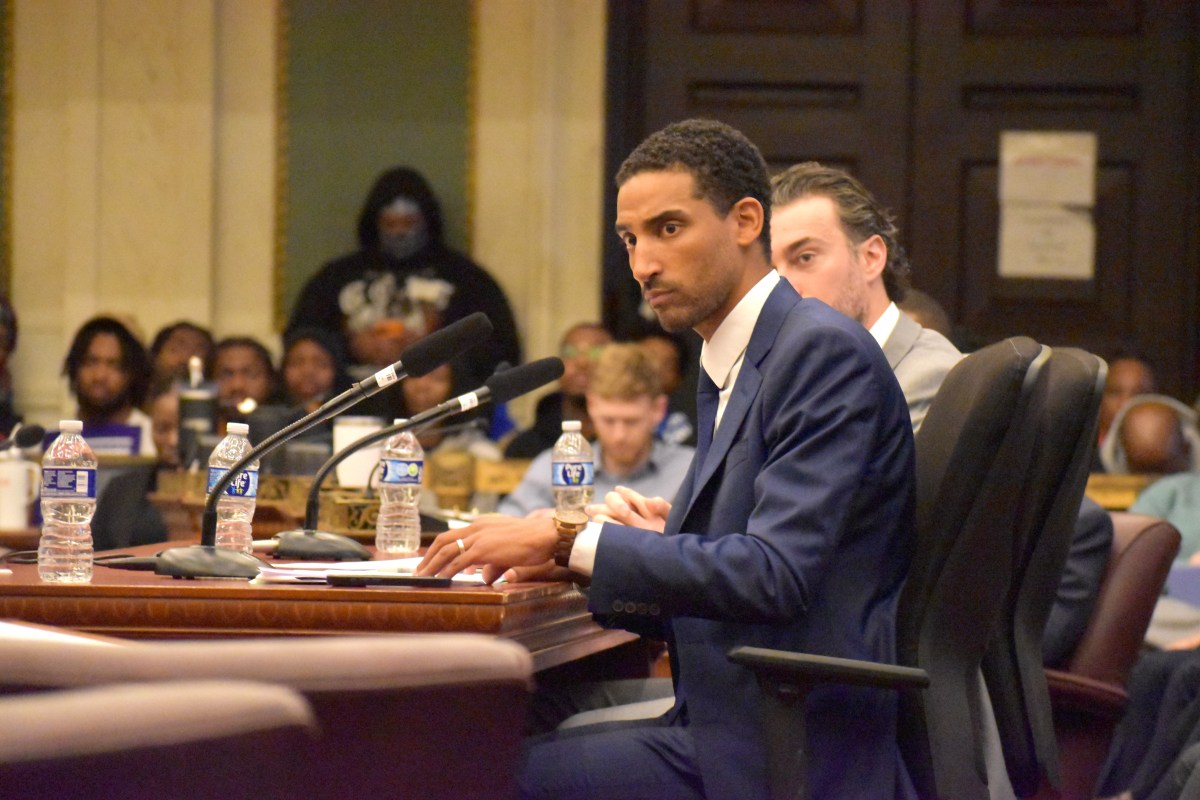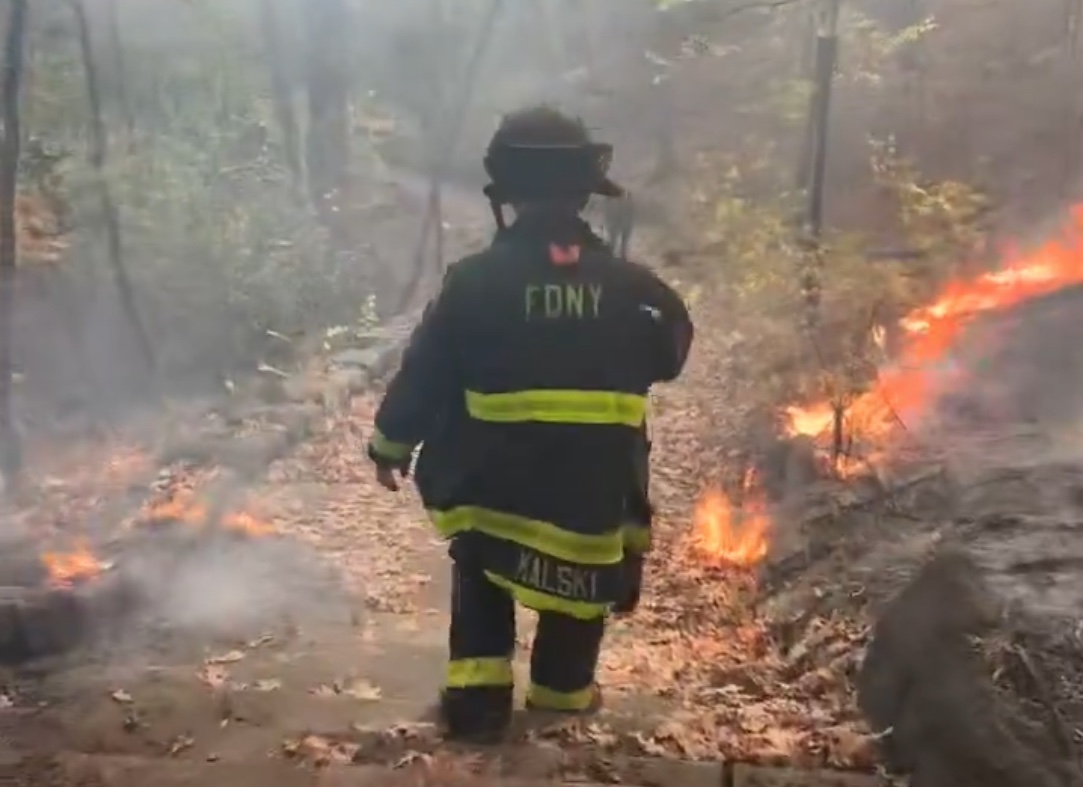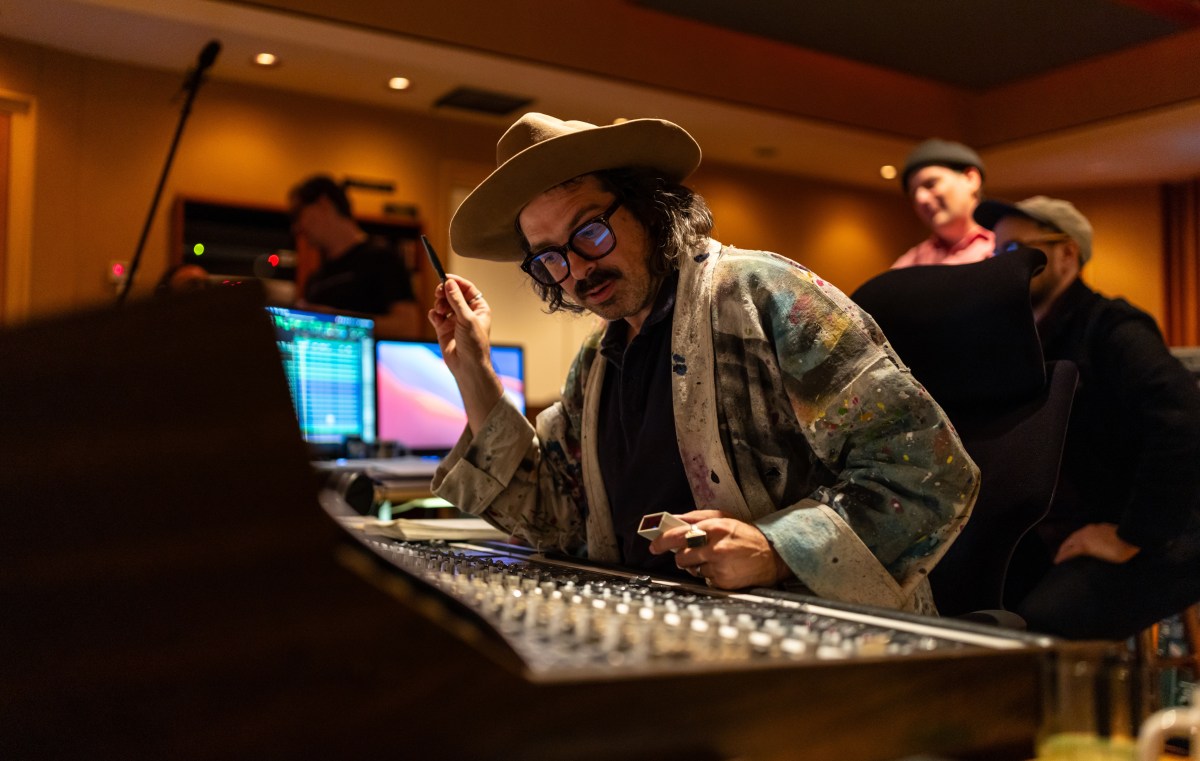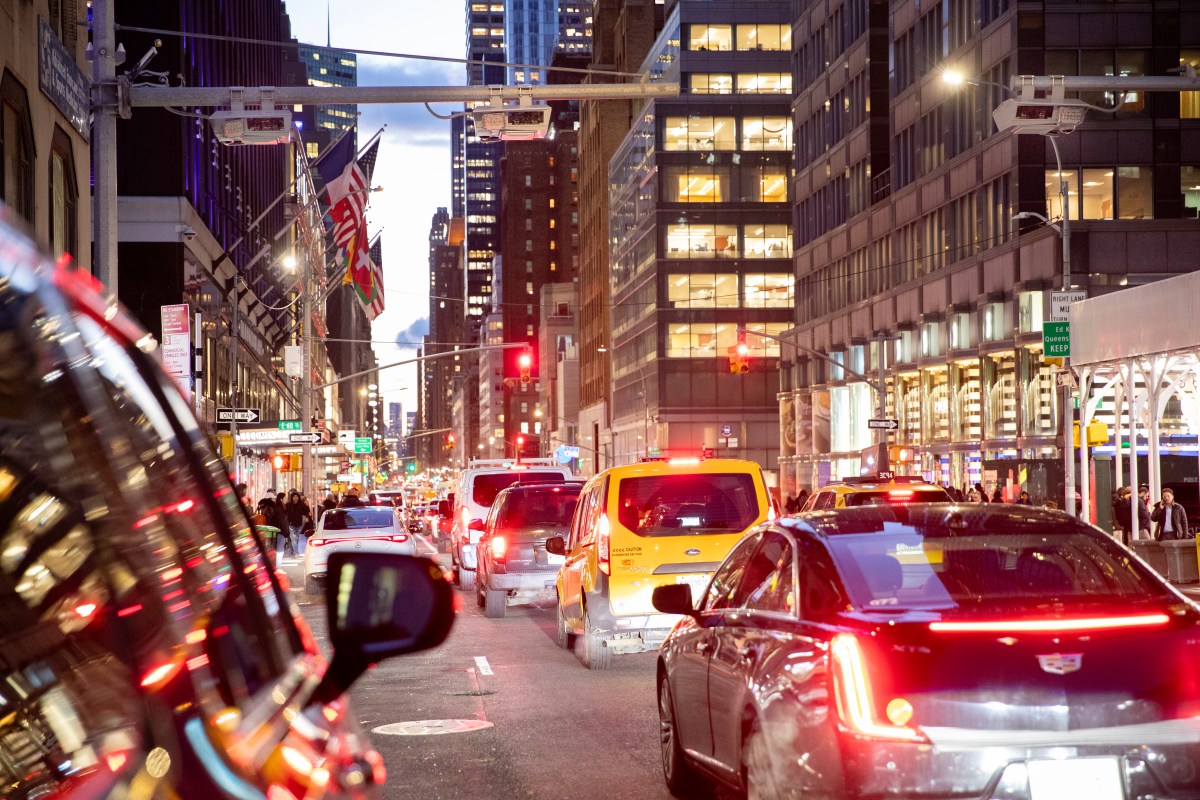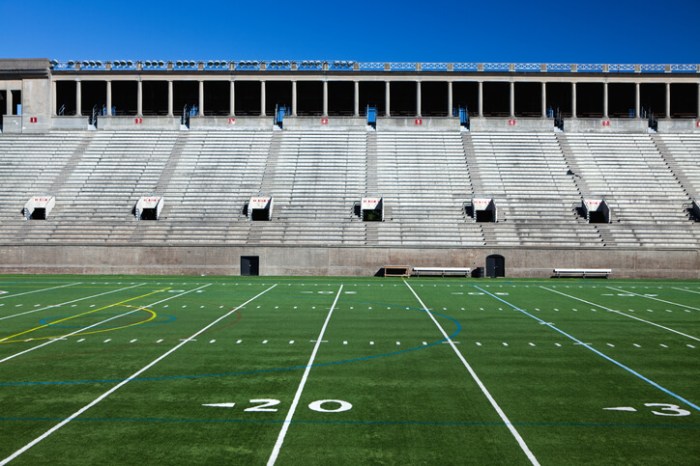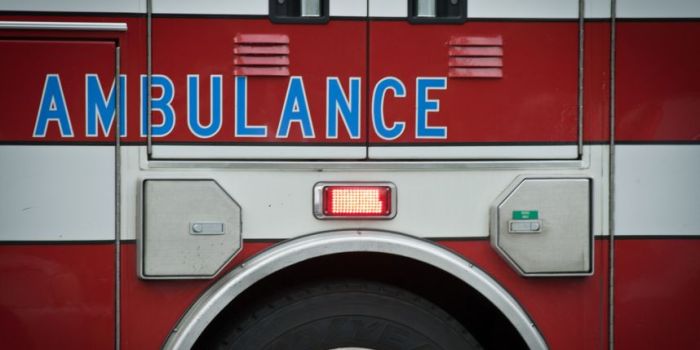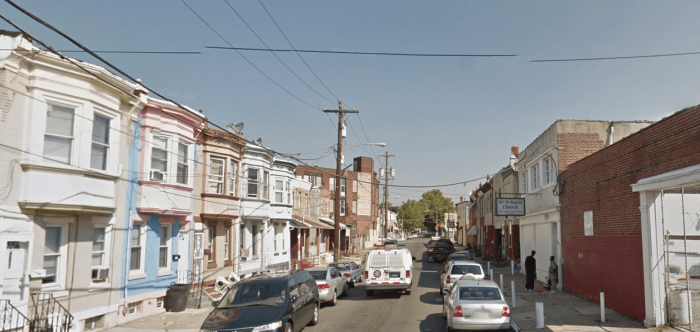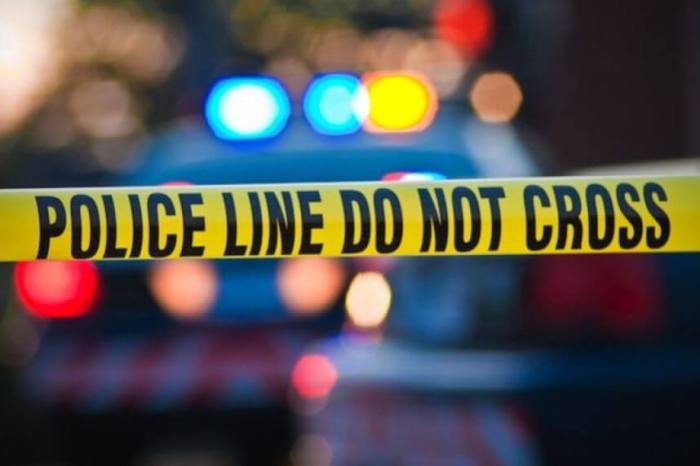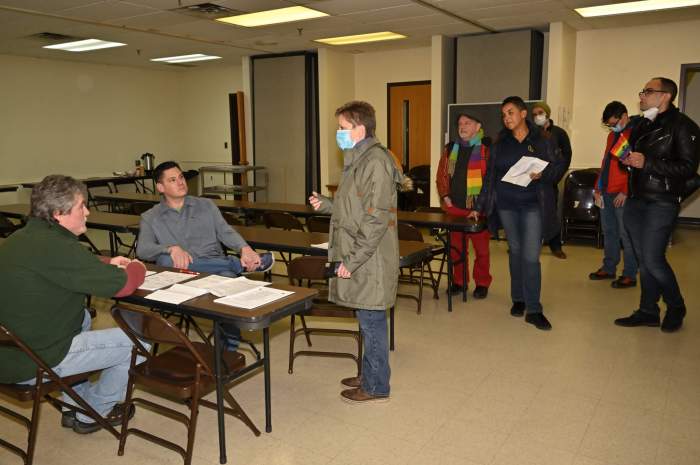Man shot by Boston officers planned to behead cop: FBI
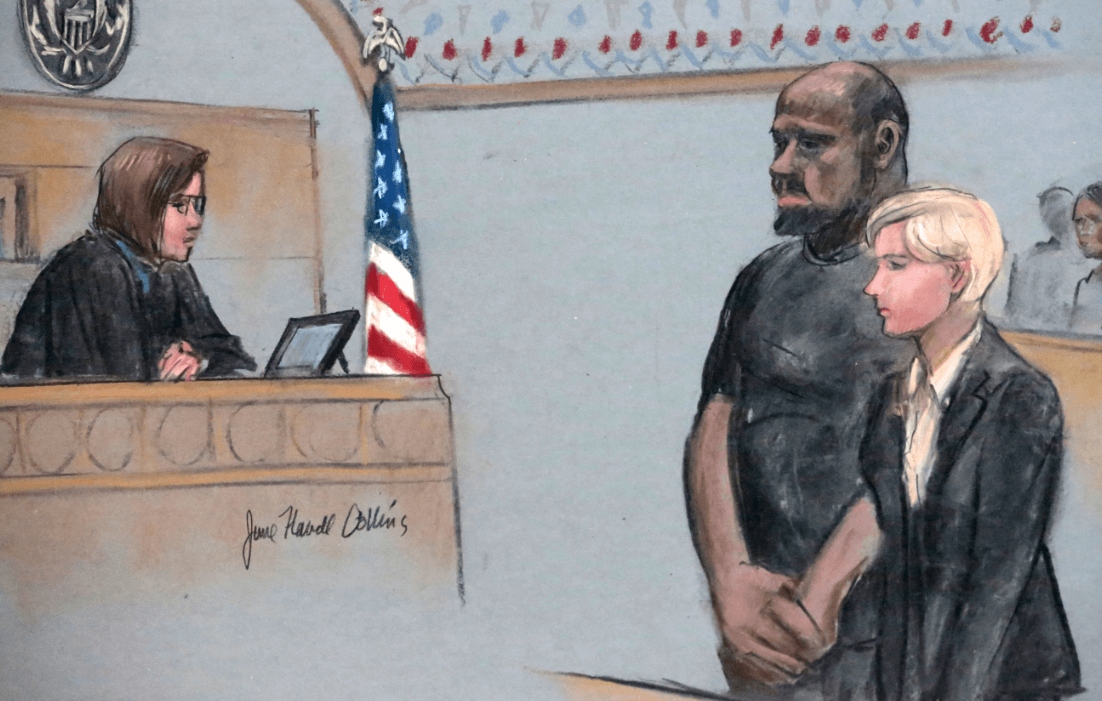
Boston Police Department
The man fatally shot by anti-terror officers in Roslindale had told a friend he planned to kill some “boys in blue” this week, prosecutors revealed Wednesday.
Usaama Rahim, 26, had originally planned to behead a law enforcement officer outside of Massachusetts, but changed his mind at the last minute then told his friend. David Wright, 26, said that he wanted to attack a state police officer instead because it was easier.
“I’m just going to — ah —go after them, those boys in blue,” Rahim was heard saying on a phone call to Wright at 5 a.m. Tuesday morning that was recorded by the FBI. “Cause, ah, it’s the easiest target and, ah, the most common is the easiest for me.”
Less than two hours later, Rahim lay in bloody pool outside a CVS on Wharton Street after a BPD officer and an FBI agent shot him when he lunged at them with a foot-long, military style knife.
His pal – and alleged accomplice – David Wright was arraigned in federal court in Boston Wednesday afternoon on charges of conspiracy to obstruct justice. The 6-foot-7 Wright was had to be led into court wearing two sets of handcuffs because of his size. He did not offer the plea.
Rahim had been under 24-hour surveillance by the Joint Terrorism Task Force along with Boston Police.
Before he died, he’d ordered several large knives from online retailers and, according to the affidavit filed by Special Agent Joseph Galietta, had spoken earlier in guarded language of a plan to kill someone outside of Massachusetts.
He’d joked in wire-tapped phone conversations with Wright about “thinking with your head on your chest,” which Galietta described as “a reference of some foreign terrorist organizations to behead targets and place their heads on their chests in propaganda videos.”
Following the shooting, Boston’s Muslim community and civil rights activists called for more transparency after a video captured the incident.
Boston Immam Abdullah Faaruuq on Wednesday called the video that captured the deadly shooting “inconclusive.”
“I don’t think he was shot in the back. However we couldn’t see clearly at all. Was he brandishing a knife or not? We can’t be clear on what transpired,” said Faaruuq. “I do feel personally that if he weren’t from the Muslim community [the officers] would have approached him a different way.”
Suffolk County DA Dan Conley, who joined Faaruuq and investigators at the briefing, said: “It’s very, very important that we get to the bottom of exactly what happened, and we pledge that we will do that.”
On Tuesday evening, David Wright, of Everett, was arrested in connection to the case. Wright will be arraigned in federal court in Boston Wednesday afternoon.
A spokesperson for the Rhode Island State Police could not comment on the ongoing investigation, but a law enforcement official told the Boston Globe that the FBI and the R.I state Police searched property in Warwick, R.I. in relation to the shooting.
The Suffolk County DA’s office said Boston police was working with civil rights activists to examine surveillance video of Rahim’s death. That video will eventually be released to the public, the DA said, though it’s not expected until next week.
“We find it odd that the BPD are only showing the surveillance footage to select members of the community, ACLU Director of Technology for Liberty Kade Crockford said. ”It seems like they are paving the way for public perception.“
Crockford said that the amount of lingering questions is troubling.
”The only facts we have are that the FBI and the Boston Police walked up to him and he ended up dead,“ Crockford said. ”We don’t know if they were in uniform, if Rahim knew them or if these were new faces to him, or how he came to the attention of law enforcement.“
Criminal defense and civil liberties litigator Harvey Silverglate said that the lack of transparency in this case and other terrorism-related investigations is ”the price we pay for living in a National Security state,“ and that cases involving terrorism tend to put law enforcement on edge more than other instances.
”We’ve learned from similar instances involving terrorism and National Security that authorities are a little extra jittery and are more prone to use their weapons than in other circumstances,“ Silverglate said. ”We saw that in the Watertown shootout where police readily used a profuse, not necessarily excessive, amount of weapons enough so that they ended up shooting at each other.“
The Islamic Society of Boston issued a statement yesterday, saying that they were ”saddened to hear of the shooting of Usaama Rahim,“ and that the Boston Police invited their leaders and other members of the Muslim and Black communities to view the surveillance footage of the incident.
”This tragedy has yielded many important questions that merit additional attention, and while we cannot expect all questions to be answered (Tuesday) morning, our hope is that greater clarity and transparency will bring some peace to our congregation and the Boston community at large.“
Silverglate said that the Boston Police might be airing on the side of sensitivity to the bereaved family members of Rahim by waiting to show the surveillance tapes.
”These are not transparent time,“ Silverglate said.







